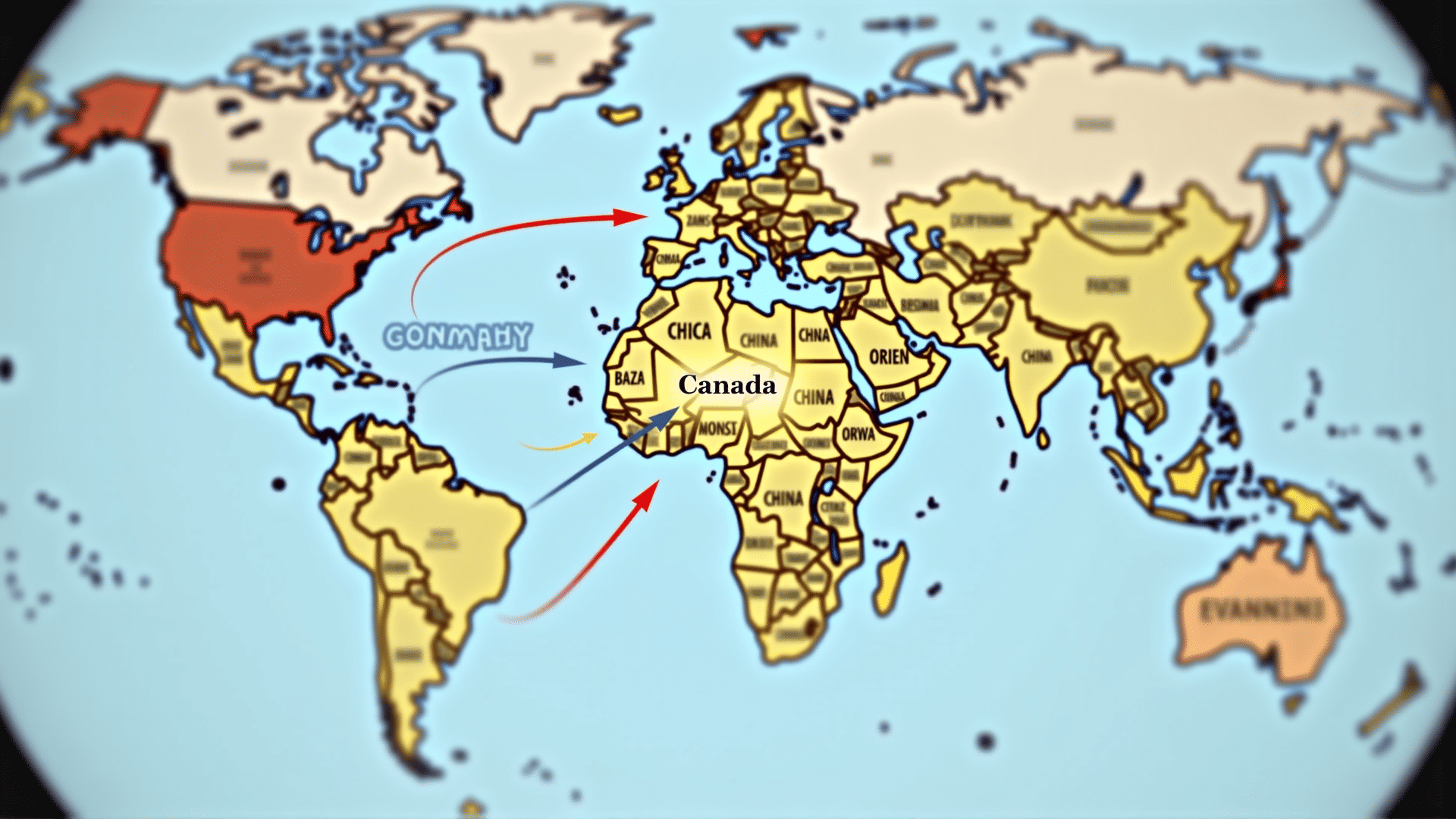The Canadian economy is a mature and diversified entity that shares many characteristics with other advanced economies worldwide while also exhibiting unique features shaped by geography, demographics, and policy decisions. By exploring these aspects, we can gain a deeper understanding of Canada's position in the global economic landscape.
Canada, with its vast natural resources including oil, minerals, and timber, relies significantly on resource extraction. This aspect is shared with countries such as Australia and Norway, where natural resources also play a crucial role in their economic structure. However, unlike some resource-dependent countries, Canada has successfully diversified its economic activities to include manufacturing, technology, and services, aligning it closely with the economic models of the United States and the United Kingdom.
Innovation and technology are vital drivers for contemporary economies. In Canada, regions like Toronto and Vancouver are emerging as major tech hubs, drawing parallels with the dynamic technology sectors of California's Silicon Valley. These areas focus on software development, biotech, and digital communications, aiming to grow further as innovation accelerates globally.
Another defining feature of the Canadian economy is its strong social welfare system. Canada's policy framework provides substantial support for healthcare and education, a model akin to the welfare systems of Scandinavian countries like Sweden and Denmark. This emphasis on social services is crucial for maintaining a high quality of life and supporting a productive workforce.
Trade partnerships are essential for Canada due to its export-driven economy, particularly with the United States, its largest trading partner. The importance of trade agreements and international partnerships is a common feature among globally integrated economies such as Germany and Japan, which also thrive on exports.
Canada’s labor market reflects a highly educated population with strong participation in sectors like technology, health sciences, and public administration—fields also prominent in European countries such as Germany and the Netherlands. This high level of education and skill among Canadian workers fosters a competitive and adaptable workforce capable of meeting global demands.
Furthermore, Canada emphasizes sustainability and environmental responsibility, recognizing the impact of climate change on economic stability. This focus is similar to the environmental policies seen in the European Union, which strives for green technology and renewable energy integration.
Overall, while Canada's economy shares similarities with other advanced nations through diversification, innovation, and a commitment to social welfare, it also possesses distinctive traits stemming from its resource wealth and geographical position. These characteristics collectively shape Canada's economic identity, positioning it as a significant player in the global economy.
